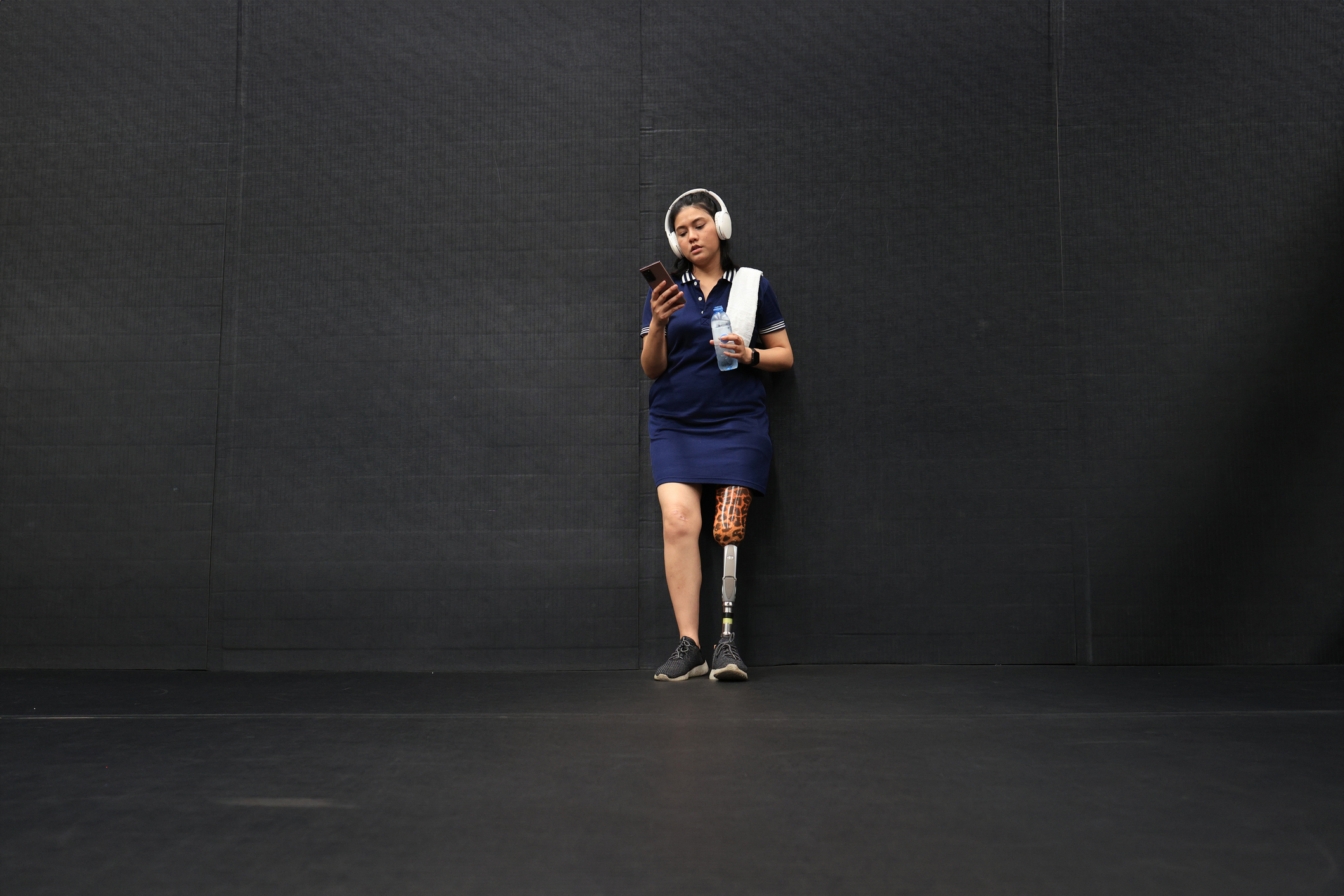Community vital for prosthesis users
Losing a limb is a life-altering event that can impact everything from daily life to one's identity. But how do individuals who use prosthetics truly experience their everyday lives? Research from the School of Health and Welfare at Jönköping University provides insights into their experiences and challenges. The findings reveal that among the most important aspects of moving forward after an amputation is the ability to feel involved in a community of like-minded individuals.

The studies, focusing on individuals with lower-limb prostheses (LLPU), show that for many prosthesis users, the initial period after amputation is a time of physical and emotional adjustment. Some experience an immediate acceptance of their new situation, while others struggle for several years before reaching this point. Nevertheless, it was found that many prosthesis users strive to live a normal life and not let their amputation hinder them.
However, the process of adapting to life after amputation is unique for each individual. For some, acceptance may occur relatively quickly, especially if the amputation was a conscious decision to relieve pain or improve function. For others, it may take a long time to reach a point where they accept their new reality and feel comfortable in their body. It often requires a period of deep introspection and acceptance to move forward.
This adaptation is influenced by several factors, including the opportunity to meet other prosthesis users, access to accurate information about prosthetics, and the ability to find a balance in their daily routine to avoid overexertion.
Finding Community and Support
One of the most significant factors in moving forward after an amputation is the opportunity to feel involved in a community of like-minded individuals. By meeting other prosthesis users either in person or online, such as through social media, they gain a sense of not being alone in their experiences and challenges.
This community can be an invaluable source of support, inspiration, and guidance as they navigate the new life as prosthesis users.
"By socialising with people who have similar experiences, amputees see that they are not alone in their challenges, can gather practical tips to solve problems, and draw inspiration from each other's journeys," says Nerrolyn Ramstrand, professor of orthotic technology at the School of Health and Welfare, Jönköping University.
It is noteworthy that participants in the study did not express a desire to be fully functional or "normal," as described in other studies. Instead, they find their "normalcy" in a community of people who have also experienced an amputation.
Seeking alternative sources
It’s not just peer support that's important. Access to accurate information about prosthetics is crucial for users to make informed decisions about their care and orthotic devices. Research shows that many prosthesis users feel that their information needs are not met by their healthcare providers, leading them to seek alternative sources, mostly on the internet. This underscores the need to improve access to relevant information from healthcare professionals and digital platforms.
Another challenge that emerged is the availability of prosthetics and services. Many participants shared situations where they had difficulty accessing orthotic services within a suitable timeframe. Therefore, according to the researchers, it is important to ensure smooth access to prosthetics and services to minimize disruptions in users' lives and maximize their ability to fully participate in society.
"When, where, and from whom one receives orthotic services is an important question for prosthesis users who feel limited in their choice of healthcare provider. There is a strong desire for increased opportunity to choose the healthcare provider one wants," says Nerrolyn Ramstrand.
In conclusion, the research highlights several key areas where healthcare and support for prosthesis users can be improved. By promoting social interactions and peer support, improving access to information, and ensuring smooth access to prosthetics and services, we can contribute to improving the quality of life for people living with prosthetics and promoting their participation and integration into society.
Contact
- Professor
- School of Health and Welfare
- nerrolyn.ramstrand@ju.se
- +46 36-10 1271
